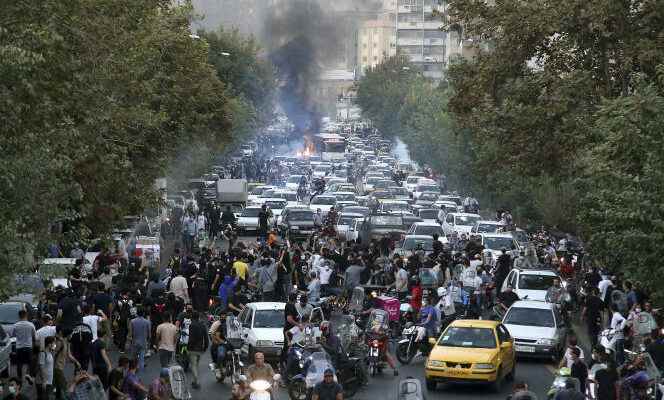A week after the death of Mahsa Amini, a young Iranian woman arrested for a veil deemed ill-fitting by the religious police and died while in police custody, Iran is experiencing a wave of large-scale demonstrations, which have left six dead. Faced with the challenge, Tehran has further tightened its Internet censorship, blocking several of the few Western services still accessible in the country.
Netblock, a company specializing in blocking monitoring, has noted the implementation of new blockages, targeting in particular Instagram and WhatsApp, access to which is now very severely disrupted in the country. Significant blockages also affected the networks of the main mobile telephone operators, and localized cuts in Internet access were observed, notably in Sanandaj, the capital of the Iranian province of Kurdistan, and in Tehran during the demonstrations.
Instagram, an important network in Iran
Before the protests began, Iran was already one of the countries restricting internet access the most. Facebook, Twitter, or YouTube have been inaccessible there for several years – even if some regime officials, including Ayatollah Khamenei, have accounts on Twitter. Telegram messaging is also blocked there. The main social network used in the country was, until this week, Instagram, tolerated by the state.
After several years of blocking, Iranians have become accustomed to resorting to censorship circumvention tools, such as virtual private networks, which allow them to access applications and sites blocked by service providers. to internet. Several Instagram accounts have broadcast images of demonstrations and police violence filmed by witnesses in recent days.
For nearly ten years, Tehran has been working on a “national Internet” project, aimed at setting up a nationwide network partly cut off from the Internet. This ambitious project would greatly facilitate censorship by limiting the possibilities of circumvention, and would also allow the authorities to access very easily all the data of Internet users in Iran.
